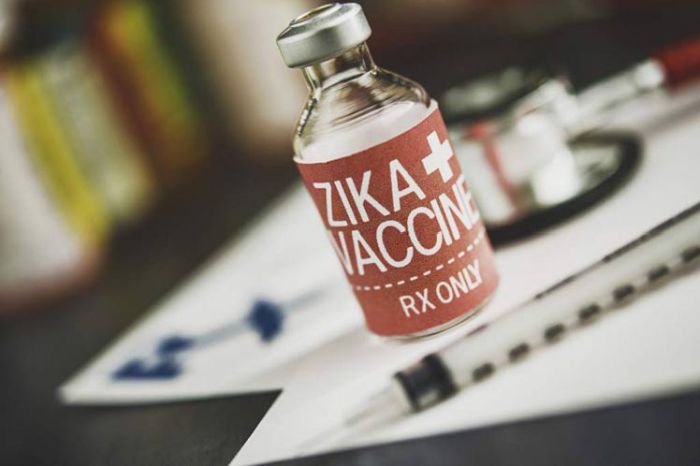The clinical study will focus on identifying the most suitable doses of the vaccine candidate in regard to immunogenicity, safety, and tolerability

A promising vaccine for the Zika virus is now being tested by Themis Bioscience GmbH, a specialized biotech company developing prophylactic vaccines against emerging tropical infectious diseases.
After recent progress with the development of a Chikungunya vaccine the company succeeded in swiftly adapting their proprietary vaccine technology for their Zika vaccine program. This program is based on a live attenuated recombinant vaccine that promises a fast and effective immune response.
Themis Bioscience, a Vienna based biotech company, announced today the first clinical study worldwide of a live attenuated recombinant Zika vaccine tested in human volunteers.
The vaccine is based on a well-established vaccine vector technology that uses a measles virus vaccine backbone. Previously the company succeeded in exploiting this technology for the development of a prophylactic Chikungunya vaccine. Following this success Themis quickly adapted the proprietary technology for the development of the Zika vaccine that now will be tested in a Phase I trial (MV-ZIKA-101).
Dr. Erich Tauber, CEO and founder of Themis explains: ‘We not only manage to initiated one of the first studies of Zika vaccines at all, but globally the first study to test a live attenuated recombinant Zika vaccine. Live attenuated vaccines are regarded as superior as they induce a faster and more complete activation of the immune system leading to durable immunity. We are happy to be at the forefront of developing such a powerful vaccine against Zika .’
The clinical study will focus on identifying the most suitable doses of the vaccine candidate in regard to immunogenicity, safety, and tolerability. Therefore up to 48 healthy volunteers will participate in the study and three different treatment regimens will be compared with a placebo treatment.
One treatment group will receive one injection of high dose vaccine, the other two groups will receive two shots of either high dose or low dose vaccine. Safety will be measured according to the occurrence of adverse events and side effects of the study medication. Efficacy will be detected by evaluating the elucidation of a Zika-specific immune response. Results of all groups are expected within the next six months. The study will be conducted at the ‘Department of Clinical Pharmacology’ and the ‘Institute of Specific Prophylaxis and Tropical Medicine’ at the Medical University of Vienna, Austria.
The prophylactic Zika vaccine is based on a measles vector platform, where selected antigens from the Zika virus have been inserted into the well-established measles vaccine delivering those new antigens into the cells, thereby triggering a specific immune response against the Zika virus. As the measles vaccine has already proven its high efficacy and safety on well over a billion individuals over the last 30 – 40 years, it offers an excellent safety profile and a validated, cost-efficient production process. Based on this technology Themis already tested a number of candidate Zika vaccines in animal models, initiated a toxicity study and established GMP manufacturing. The promising results from the animal models advanced the now tested candidate rapidly to the clinical stage.
Zika is a viral infection transmitted by mosquitoes. It originates in Asia and parts of Africa but the increase in global traveling and rising temperatures may cause it to spread into more temperate zones. Recently, the virus spread across the Pacific Ocean to the Americas, leading to the 2015 – 16 Zika virus epidemic.
 Escambray ENGLISH EDITION
Escambray ENGLISH EDITION





Escambray reserves the right to publish comments.